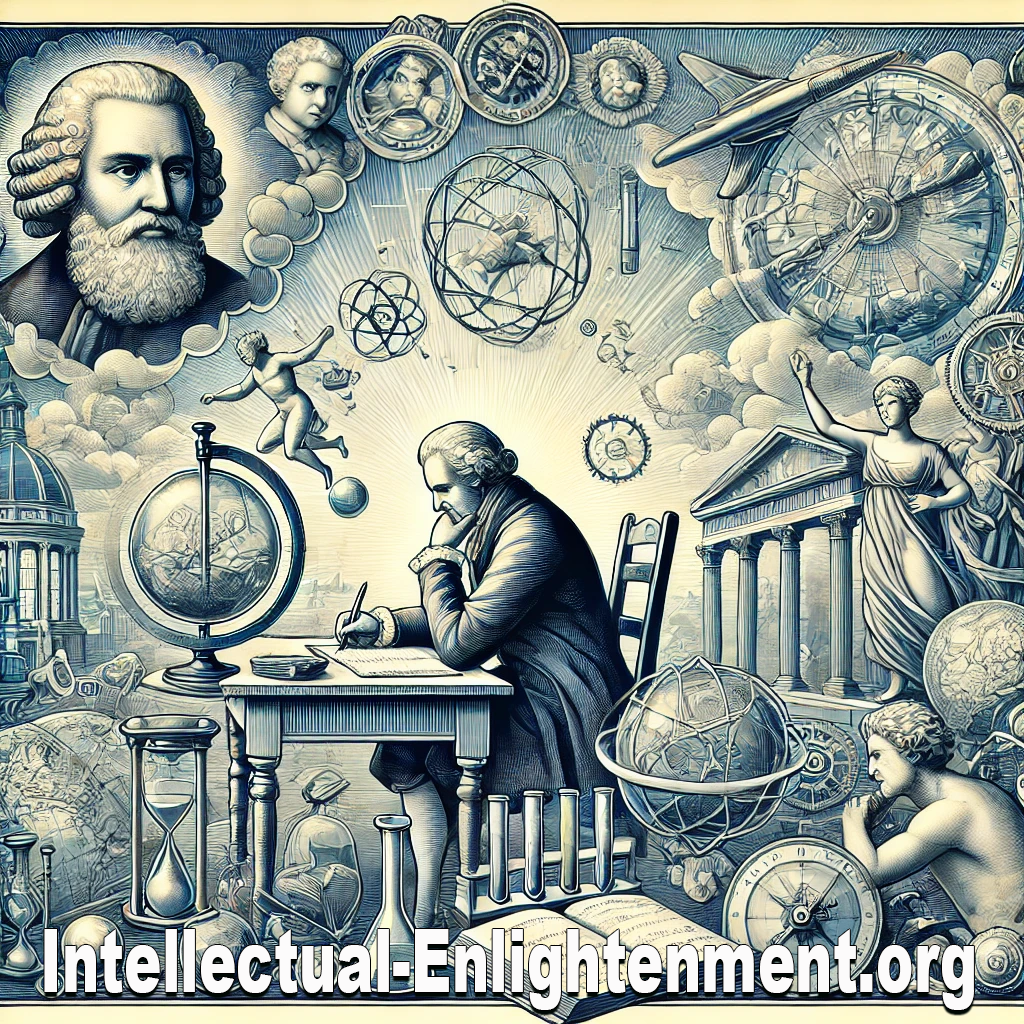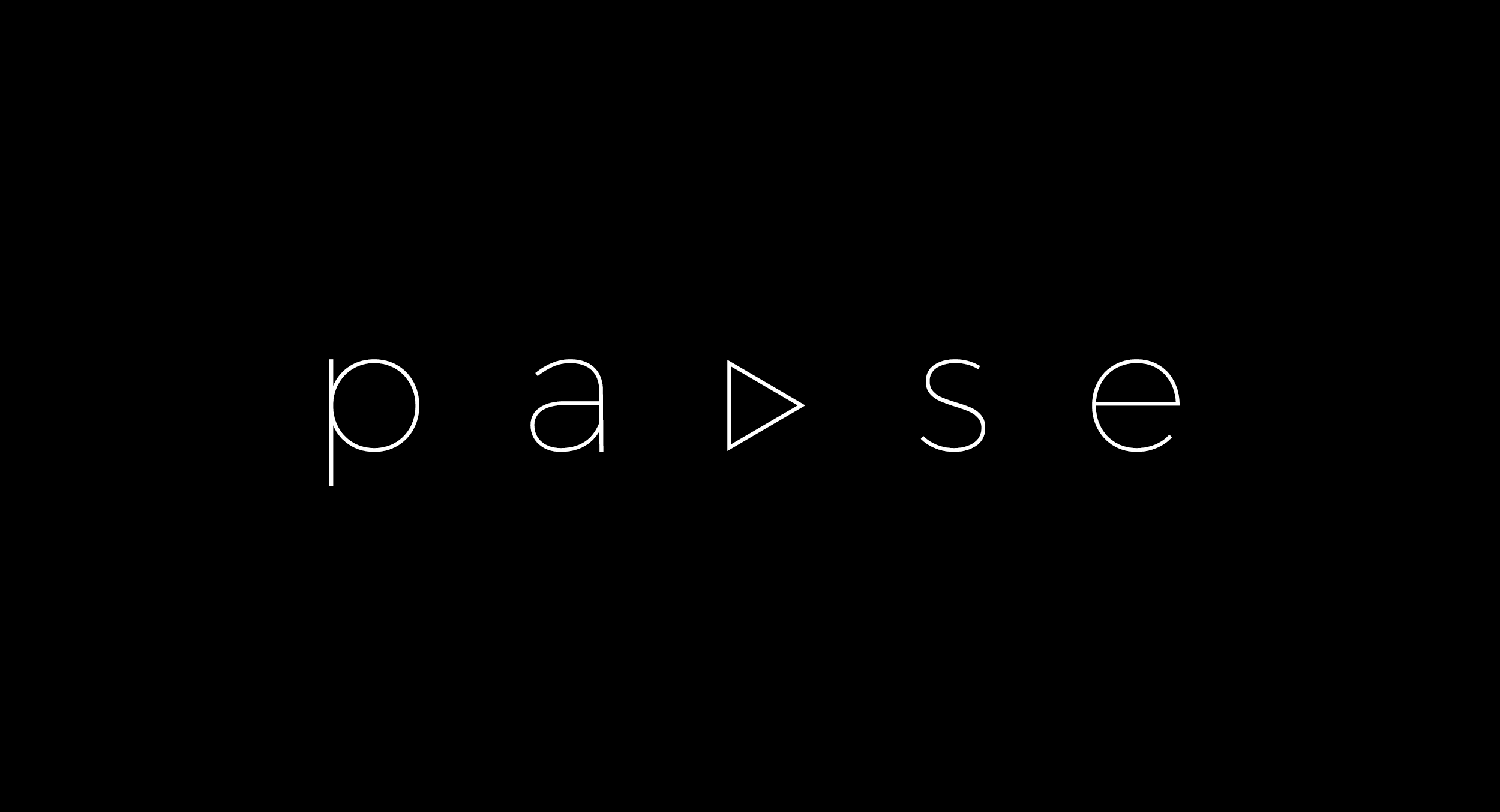Blog
- Why Information, Equity, and Culture Must Align for a Truly Conscious Future
Navigating the Roadblocks to an Age of Intellectual Enlightenment
Why Information, Equity, and Culture Must Align for a Truly Conscious Future
By Alexious Fiero
“Enlightenment is when a wave realizes it is the ocean.”
The vision of entering a new Age of Intellectual Enlightenment is more than just idealism, it’s a map to a world governed not by force or wealth, but by wisdom, reason, and collective consciousness. But even as humanity edges toward this threshold, major societal fractures still stand in the way.
If we fail to address them, the coming enlightenment may not be universal, but reserved only for the few with access, education, and digital fluency.
Let’s break down the key barriers and what must be done to transcend them.
1. Information Overload in the Digital Age
The paradox: We live in the most informed era in human history, yet often feel more confused than ever.
Why it matters: Information is only power when it’s filtered through discernment.
The solution: We need wide-scale media literacy, the ability to evaluate sources, spot bias, and navigate misinformation. It should be taught in schools as rigorously as math or language.
2. Educational Inequality: A Divide That Fractures Futures
The reality: Access to quality education is still largely determined by zip code or income.
Impact: This divides not just opportunity, but participation in the intellectual evolution of society.
The fix: Invest in underserved communities, provide open-access learning platforms, and support both vocational and intellectual pathways, so no brilliance goes undiscovered due to economic circumstance.
3. Polarization and the Rise of Echo Chambers
The problem: Social media has engineered a feedback loop that reinforces what we already believe.
The cost: Diminished empathy. A narrowing of perspective. And the death of dialogue.
The path forward: We must reintroduce civil discourse, spaces where differing worldviews aren’t punished, but welcomed as part of the synthesis of deeper truth.
4. The Digital Divide Mirrors the Economic One
What’s happening: Millions still lack access to reliable internet or modern digital tools.
The consequence: The excluded are not only economically disadvantaged, but digitally voiceless in a world that now runs on connectivity.
The solution: Digital infrastructure must be treated as a human right, not a luxury.
5. Cultural Attitudes Toward Intellectualism
The tension: In some communities, intellectual pursuits are undervalued, or worse, mocked.
Why this matters: Enlightenment can’t thrive in cultures where curiosity is seen as weakness and science as elitism.
How we shift it: We need visible role models, public thinkers, scientists, engineers, philosophers, celebrated in media with the same reverence as entertainers or athletes.
6. Keeping Up with Technological Acceleration
The pace: AI, automation, and biotechnology are evolving faster than educational systems can adapt.
The risk: A permanent underclass of people who feel left behind, irrelevant, or obsolete.
The remedy: Lifelong learning ecosystems. Public education that evolves with technology. And retraining programs that make transitions not terrifying, but empowering.
Enlightenment Isn’t Inevitable, It’s Engineered
We must remember: progress is not evolution’s guarantee, it is its invitation.
If we want a civilization where logic, learning, and consciousness guide decision-making, then we must build the bridges now. Intellectual enlightenment must be democratized, not confined to ivory towers, echo chambers, or digital privilege.
The Age of Intellectual Enlightenment is not an abstract dream.
It’s a potential reality, but only if we align information, access, culture, and will.
Let’s make sure the wave remembers it’s the ocean.
Alexious Fiero




No Comments
Signup or login to leave a comment